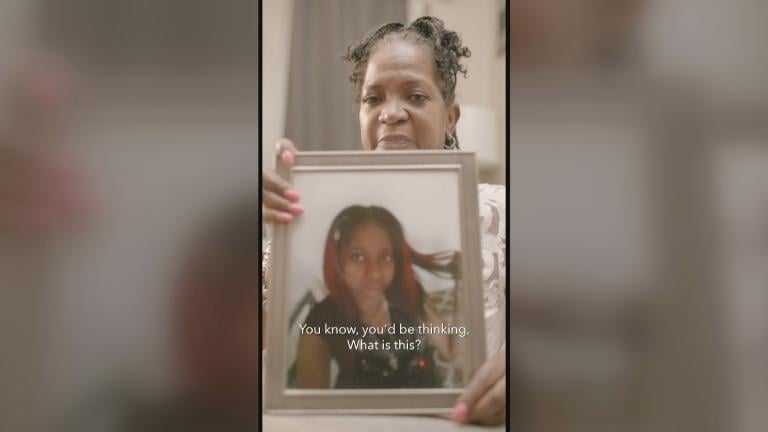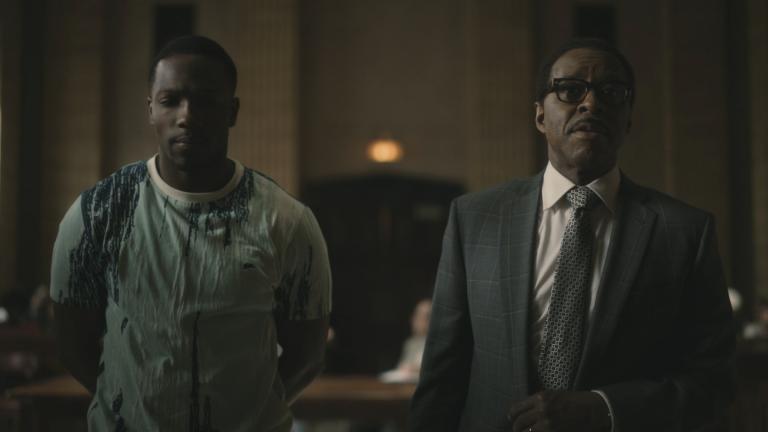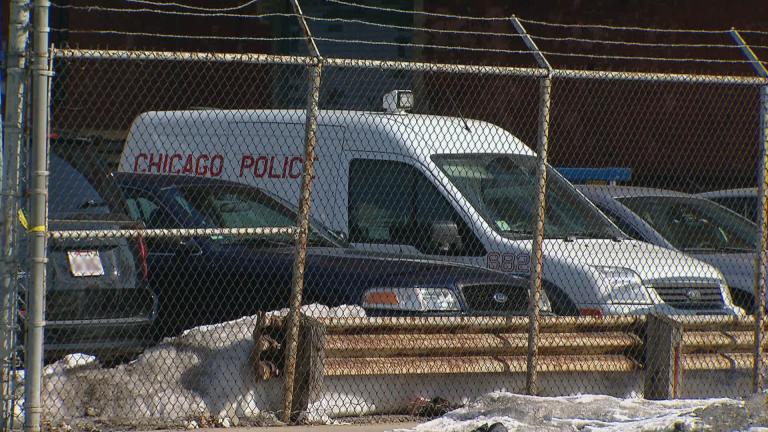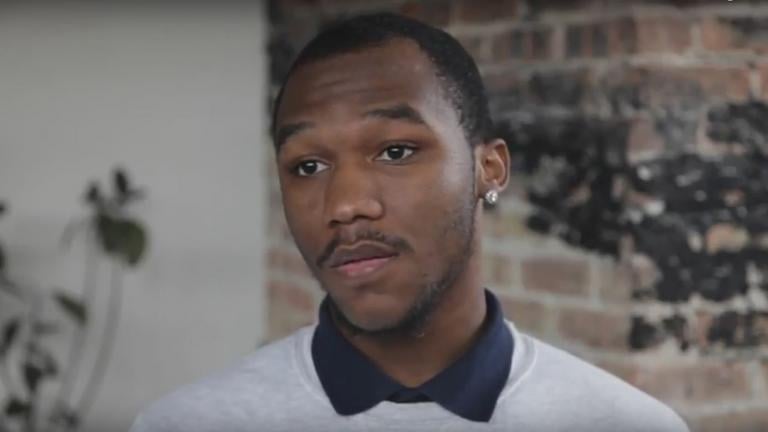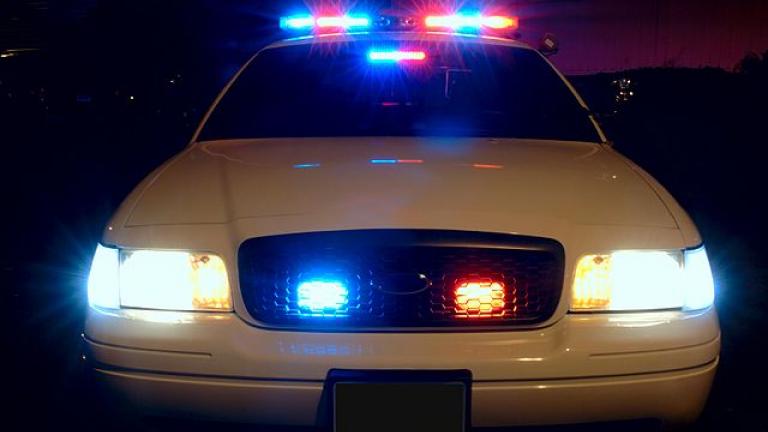Black people comprise about two-thirds of all reported missing persons cases in Chicago over the past two decades.
Invisible Institute
A new television series shot on Chicago’s South Side is airing now on AMC. “61st Street” is set in Woodlawn and explores the relationship between community, police and the courts.
A new archive detailing the experiences of police torture survivors went online this month. We hear from two people who are helping those survivors heal.
The Invisible Institute, a journalism nonprofit based on the city’s South Side, has published an online archive documenting former Chicago police Cmdr. Jon Burge’s "violence against more than 100 Black men, from the 1970s to the 1990s.”
The Invisible Institute, a locally-based nonprofit production company, this week published a new report after spending five years talking with black Chicago high school students about their interactions with police.
African-American teenagers are talking about how standard police practices like stop and frisk affect them in the long term, and the police are listening. We hear about the groundbreaking work to bring kids and police together to hear each other's experiences and to make changes.

